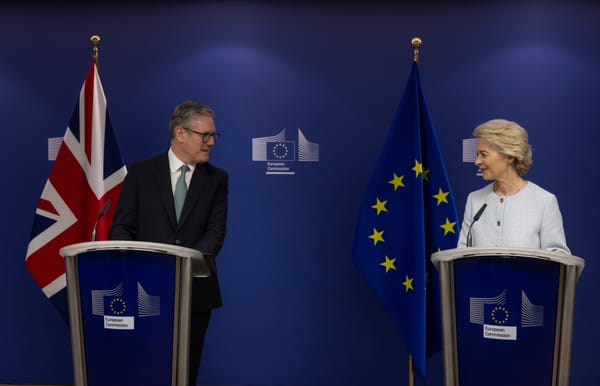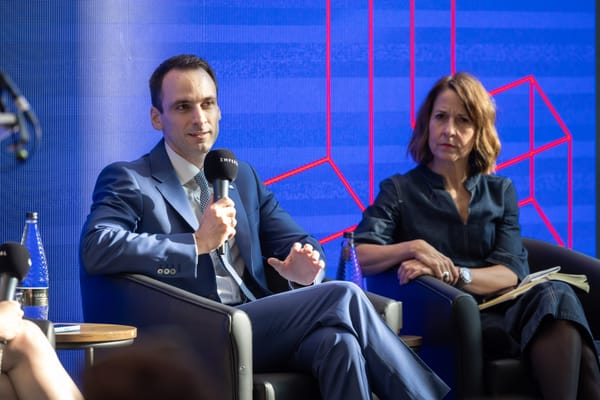On the verge of negative interest rates
Investment contributor Hye Oh discusses the possibility of a future of negative interest rates
Very recently, the second lockdown in the UK kicked off after just 4 months of it having been lifted. It was too early to provide abundant time for recovery from an economic recession which has been the most significant issue since the PM’s announcement of the first lockdown. The COVID-19 disease has impacted on the UK economy in various macroeconomic aspects.
In the beginning, consumption confidence drastically dropped right after the outbreak. It led to sharp decrease in revenues in numerous industries such as tourism, hotels, entertainments and catering services. Even though a small portion of industries such as online shopping and online entertainments experienced increase in sales, the majority of economic markets were damaged by the sudden loss of consumers. These shrunken sales and revenues directly prompted shortage of corporates’ cash flows. It stood to reason that desperate companies had layoffs or implemented curtail salaries as a means of restructuring. Finally, it resulted in both a reduction in household incomes and household debts. In the end, consumer confidence plunged again and confidence plunged again and the entire vicious cycle repeated itself.
The overall UK economy has not recovered fully
For the sake of economic recovery, the UK government eased the first lockdown during several sunny months in spite of high risk of resurgence of second wave. As the lifting of lockdown happened, household consumption started to jump up entailing larger revenues from especially retail industries. However, the very recent second lockdown tackled consumer spending again. In addition to consumption, there is another fundamental method of rescue from financial crisis.
Bank of England’s direct intervention in the capital market can ameliorate deteriorated economic situation. Quantitative easing and setting a base rate are the most representative ways of their policy. First of all, since the outbreak BoE announced their plan for purchasing £300bn government bond so far this year and they actually bought £250bn worth of the bond until November of 2020. As second wave is getting worse and the second lockdown has started, the central bank even contemplates an extra £100bn of purchases. From this, easing, the government could circulate the borrowed money to industries, corporates and individuals expecting growth of productivity and consumption.
Secondly, a base rate which BoE determines is also called as just ‘the interest rate’ and it is the most significant interest rate in the UK economy. It is a key rate to hold inflation low and stable. Along with COVID-19, Bank of England has set and held the base rate as 0.1 per cent so far. The bank rate influences interest rates that people pay to commercial banks when they borrow or save money. The low 0.1 per cent means that BoE makes commercial banks lower their rates on lending money to public and discourage the public from saving money in their accounts at the same time. As a result, it can have effect on the increased amount of spending by people followed by grown business and reduced unemployment rates.
However, despite of Bank of England’s devotion on QE and 0.1 per cent of base rate, the overall UK economy has not recovered fully because of recurring outbreak and additional lockdown. Under current economic recession, Monetary Policy Committee of BoE is examining negative interest rate as potential tool for economic recovery. However, they must deal with it very prudentially because it can engender some controversial impacts on the economy. The central bank wants to hinder further economic recession which might provoke potential deflation and decline in economic growth.
In conclusion, MPC must envisage negative interest rate policy simulating two clashing consequences and have an eye on predicting trends and patterns which would happen after execution of their policy in order to rescue the UK economy from its depression.
For the sake of economic recovery, the UK government eased the first lockdown during several sunny months in spite of high risk of resurgence of second wave. As the lifting of lockdown happened, household consumption started to jump up entailing larger revenues from especially retail industries. However, the very recent second lockdown tackled consumer spending again. In addition to consumption, there is another fundamental method of rescue from financial crisis.
Bank of England’s direct intervention in the capital market can ameliorate deteriorated economic situation. Quantitative easing and setting a base rate are the most representative ways of their policy.
In conclusion, these are truly volatile times and especially for tech stocks which are renowned for their high beta values (standard deviation from the mean share price), and this can be seen also in VIX (Chicago Board Options Exchange’s CBOE Volatility Index (this reflects stock market’s expectation of volatility based on S&P 500 index options)) reaching high values of almost 40. The aforementioned fall in NASDAQ could be due to the worse-than-expected earnings released by many companies. Be sure to keep following the markets closely through the remainder of the election period, as very interesting things will undoubtedly happen.
Major stock indexes play a huge role in investment as we saw with Ant Group’s suspended IPO earlier this week, with so much demand among institutional investors as Chinese investors saw them as a must-have. Had the IPO not been suspended following a call from Chinese regulators, the stock price would have shot up further.




